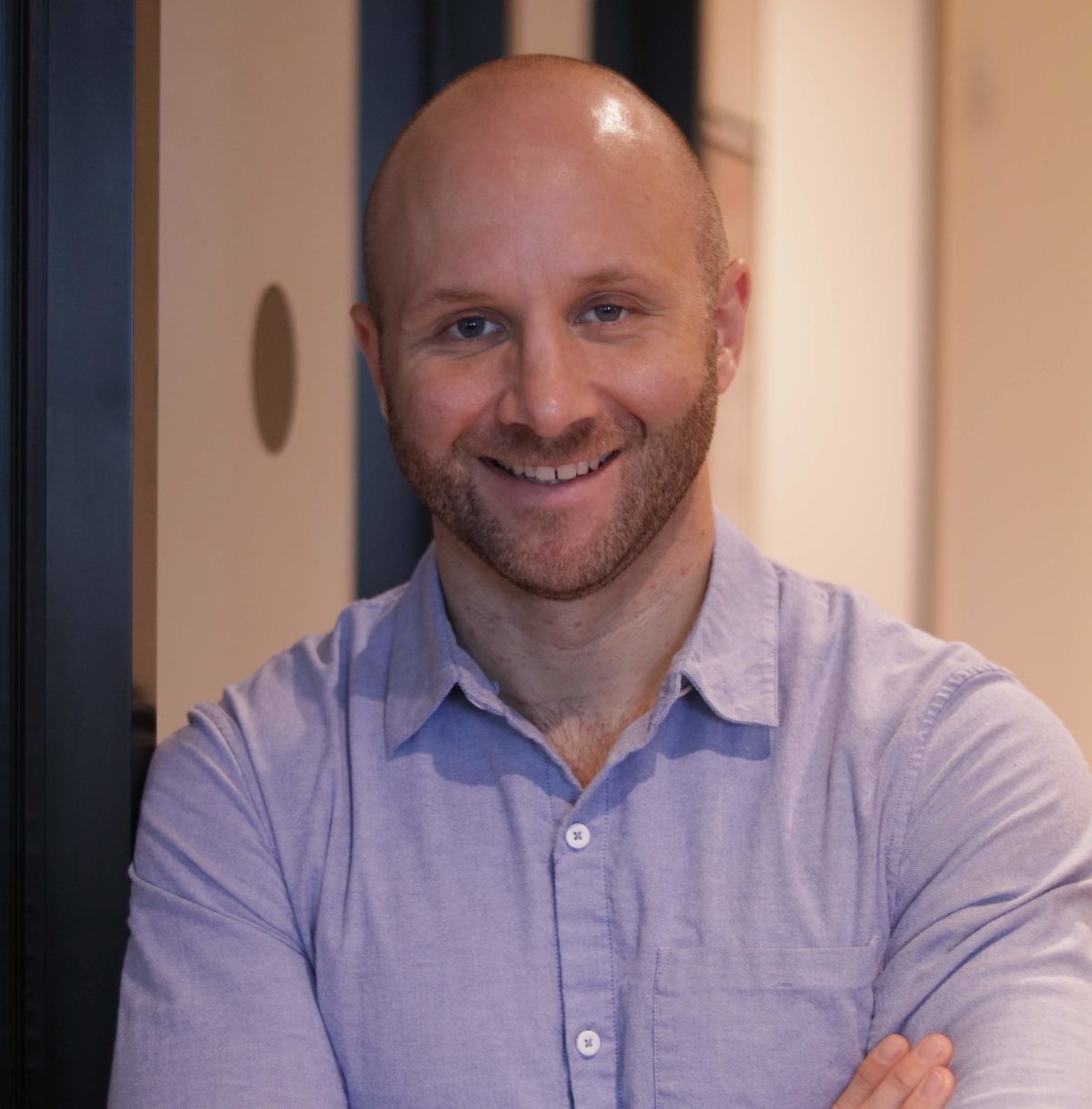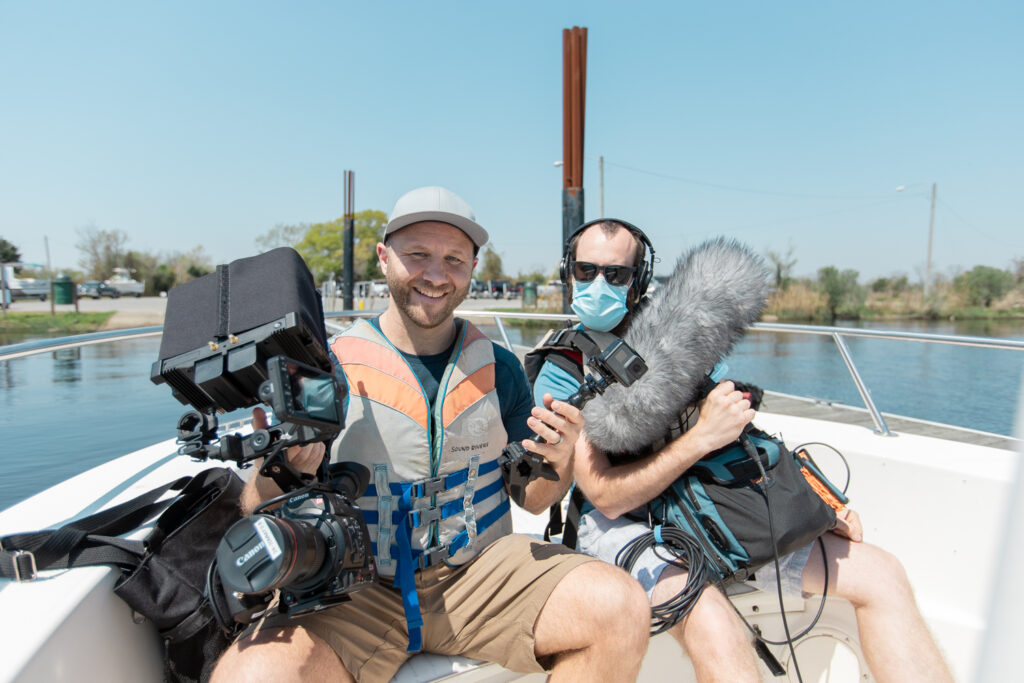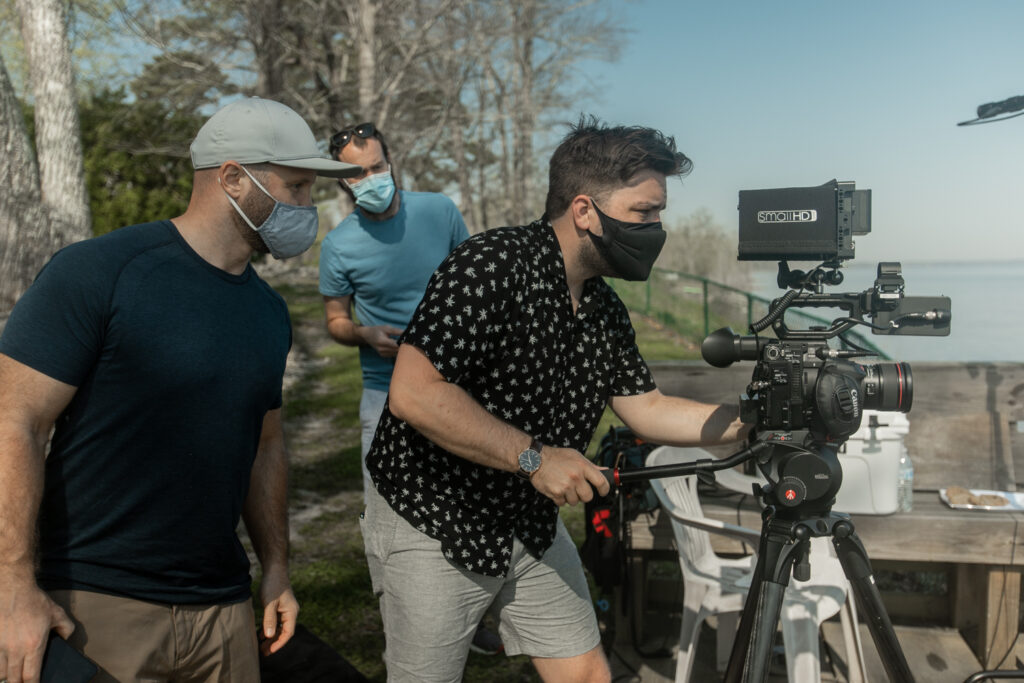About a year ago I got an email in my inbox requesting a proposal for video production.
That wasn’t too strange. After all, I own a video marketing business.
Very quickly two major things stuck out to me in this email: 1) the referral had come from a podcast guest (yep, the same one in this article!) and 2) the new potential client writing to me was based in my hometown of Washington!
They were an environmental nonprofit called Sound Rivers that protected the Pamlico-Tar and Neuse River watersheds in eastern North Carolina. And I had actually met the Executive Director many years ago when I was a baby filmmaker, fresh out of college (she was a riverkeeper then)!
Their organization was celebrating their 40th Anniversary and they wanted to do something big, but not just to celebrate themselves. They wanted to reignite the passion for conversation in their members, inspire new members to join, and raise money to continue their efforts.
And they thought creating a documentary film was the way to do so.
I was stunned.
Normally I have to convince clients to do that, because they look at video production as just a costly expense that only businesses with deep pockets can explore. Nonprofits, particularly, struggle to justify the expense of something that can be rather… expensive.
But that is because they don’t see the power of storytelling — video storytelling in particular — to inspire change and increase revenue simultaneously.
Sound Rivers and my team spent the next several months planning what stories we would tell and what characters would create the most empathy in our audience.
I brought my production crew down five or six times from Durham to film in-depth interviews, beautiful drone shots of the rivers, and plenty of boat footage of the riverkeepers.
Then we spent the next few months working on getting the edit perfect — which was a huge task, considering we were addressing topics like wastewater runoff, agricultural feeding operations and even climate change!
We kept working and kept whittling it down with our eyes focused on three in-person screenings this fall in Raleigh, New Bern, and “Little” Washington, my hometown.
But then, just as we were coming up on the premiere, the new Delta variant of the coronavirus started spreading fast. And with cases rising, many live events went back to virtual platforms.
Including Sound Rivers’ premiere.
They, nor I, knew what to expect from a virtual premiere — especially when it came to attendees and their potential donation dollars.
But we were too far down the road to not take this to the finish line, even though the goalpost had moved.
Sound Rivers premiered the film on “Giving Tuesday,” a day dedicated to donating towards causes that we believe in (following the consumer driven Black Friday and Cyber Monday).
Their goal was 100-150 attendees and to raise $4000.
At the end of our Q&A panel following the film premiere, they had over 350 computers logged on (so probably many more people) and they had raised over $12,000 — three times their goal.
In one night, not in three in-person events, they smashed through their goal without having to leave the comforts of their home offices.
Furthermore, they can continue to have events and use this film to generate revenue in the future.
This took a leap of faith for sure.
But it’s one that more businesses, and especially more nonprofits, need to take. Too often, we look at our expenses as sunk costs. But they don’t have to be.
In fact, they shouldn’t be.
Every expense should be able to be tied back to a dollar that is returned, if you want to keep your business or organization moving forward.
Passion and profits are not mutually exclusive. And if you want to make an impact, you have to be able to generate that revenue.
So my challenge to you leading into 2022 if you have a business, or are part of a nonprofit, or are launching a new project, is to look for creative ways to invest your money into assets that will return that money as revenue.
Documentary film is a powerful tool that can do just that.
 Rain Bennett is a two-time Emmy-nominated filmmaker, writer, and competitive storyteller with over a decade of experience producing documentary films that focus on health and wellness. His mission is simple: to make the world happier and healthier by sharing stories of change.
Rain Bennett is a two-time Emmy-nominated filmmaker, writer, and competitive storyteller with over a decade of experience producing documentary films that focus on health and wellness. His mission is simple: to make the world happier and healthier by sharing stories of change.
You can read the rest of “Right as Rain” here, and check back every Wednesday on Chapelboro for a new column!



